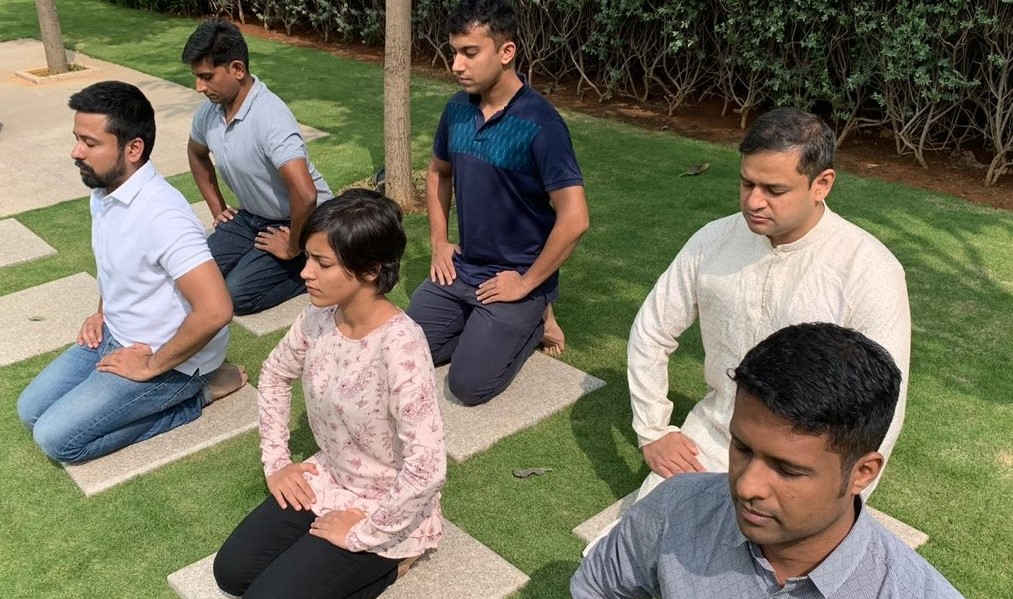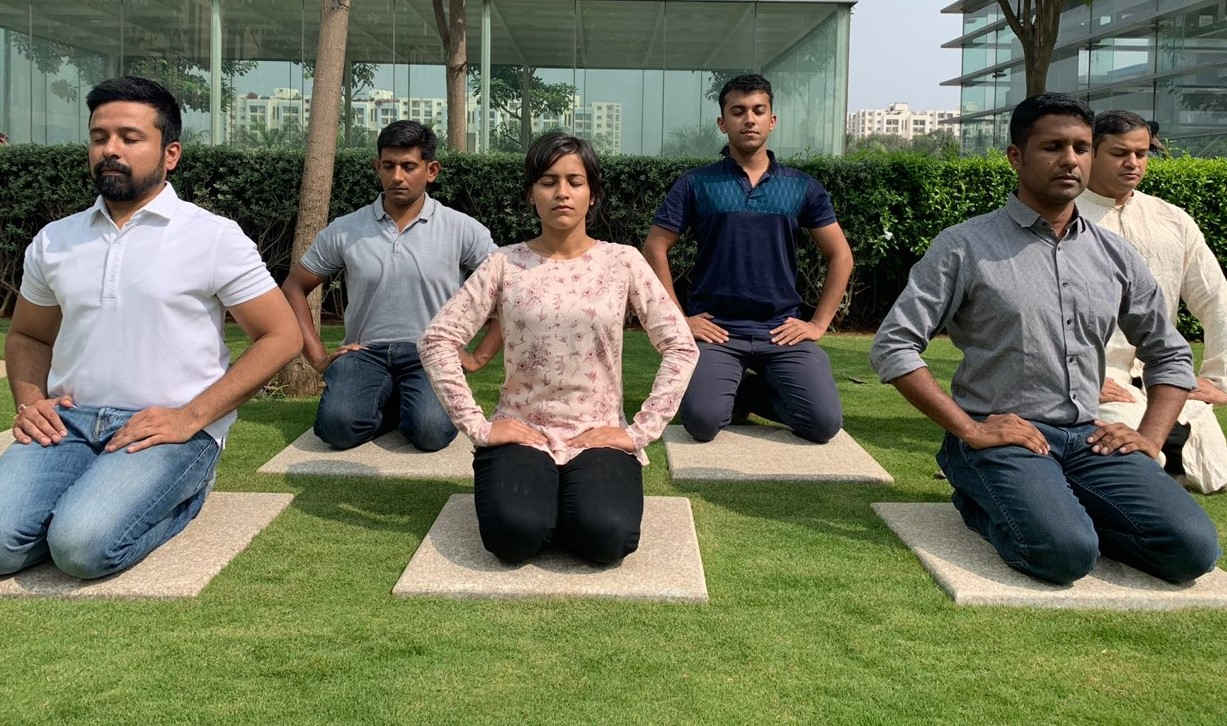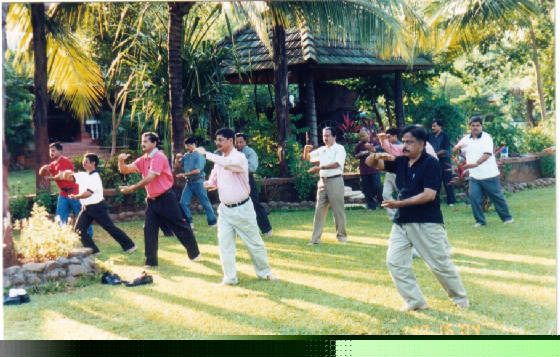THE SATORI OF ZEN
Buddhism is a religion without emphasis on God, Religion, Holy book, Prayer or Ritual. Its prime emphasis is The Mind, which is tormented with sufferings of anger, repression, pessimism, boredom, lust, fear, regret, guilt, shame and hundreds of other feelings which inflict pain and bring unhappiness. Zen Buddhism seeks to liberate the mind of suffering by meditation and mindfulness, by putting us in touch with our Buddhahood.
The Mahayana sect of Buddhism believes in Meditation being the greater vehicle of liberation from suffering. That each one of us is basically a Buddha and we just have to realize the Buddhahood within us. Buddha nature is ordinary nature, nothing special about it. However it is the most difficult thing to realize as our minds are clogged with delusions and perceptions of our Self and of the external world, and they block our vision to seeing clearly.
Zen is an amalgamation of Indian Buddhism, Chinses Lao Tzu’s Taoism and Japanese Rhinzai Samurai Code. Buddhism believes in taking the middle way of moderation and avoiding extremes via the 8 fold path. Taoism of Chan believes in balancing the opposing forces of Nature, Soft & Hard energies. The Samurai code of Bushido is about practice of the highest norms of character: Courage, Compassion, Righteousness, Discipline, Duty. Zen aims to liberate in tiny steps of insights into life (KENSHO) by focus on the present moment (SATI), giving momentary bliss & ecstasy, called SATORI. Satori or momentary liberation is sometimes guided by quizzing aggressive interrogations by the Teacher, called KOAN. It includes discussions with Teacher on ways of the mind called DOKUSAN.
Meditation is popular in its passive forms of focus & concentration on the breath (SHAMATA), focus on mindfulness of sensations within the body (VIPASSANA) and focus on mindfulness of the present moment (SATI). However, Meditation as emphasized by the venerated Buddha is also active. We need to understand the corelessness of the Self/ Ego (ANNATA) and insubstantiality of life’s goals as both are mere perceptions. The Mind has to brood over the fears of ageing, disease, death and adversity (ANNICA).
It is only when we get comfortable with the prospects of ageing, disease, death and adversity that we will be able to live without fear of what the future holds. We need to reflect on the DUKKHA or suffering’s born out of desire creating the KEISHAS or poisons of the mind, namely anger, repression, pessimism, boredom, lust, fear, regret, guilt, shame, etc. and ponder on their source of origin to enable us to dissociate from them.
When the past ceases to exist, when the future is immaterial, only then, the importance of the present moments dawns upon us (NO MIND or SUNYATA). The present moment is that moment which is separate from what happened in the last minute or moment of the past and also separate from the next minute or moment of the future. And that present moment consists of the beautiful visions of nearby people and lovely surroundings you have never noticed before (SATI). When you learn to live fully, you learn to cherish the people in that moment, related or unrelated, you learn to relish the surroundings and you fall in love with what’s happening at this instant, irrespective of whether it is good or bad event. SATORI is the dance of ecstasy experienced in the present moment.
When the Mind is no longer a hinderance, it is like removing a fog from the mirror and we start seeing things clearly in its suchness. And we start realizing that ZEN is the complete mindfulness of the surrounding, complete focus of the current activity (or inactivity) and complete celebration of the present moment. And when we have paused our thinking and deeply connected to the present moment without giving a damn about anything else, we have taken a peek into Buddhahood within us.
Thus Zen is all about training the mind to be mindful of self, mindful of emotions, mindful of environment, mindful of events that are happening in the present moment without rumination or worry. Zen is a celebration of Life.
In the spirit of Satori.

















